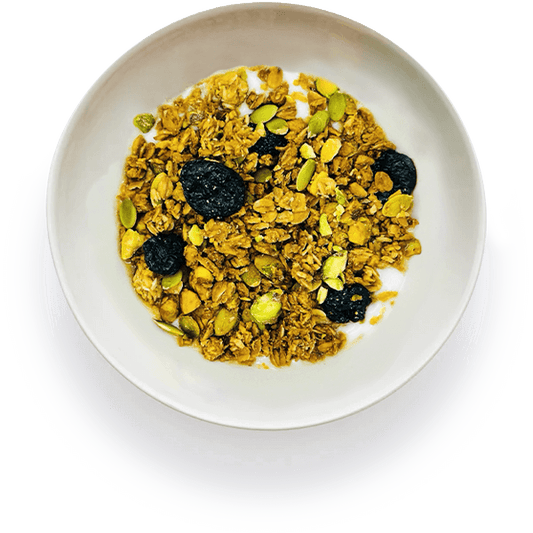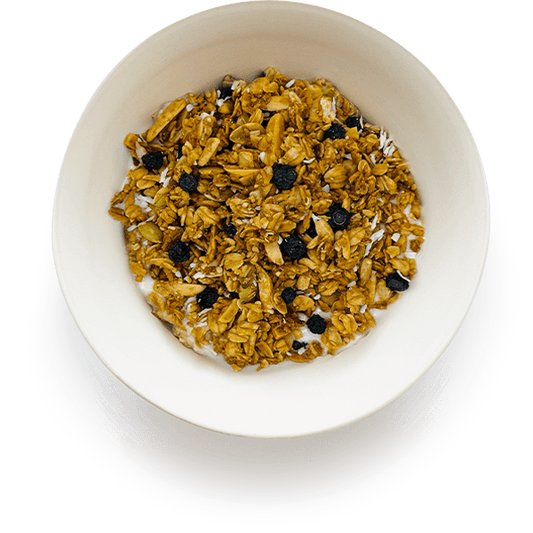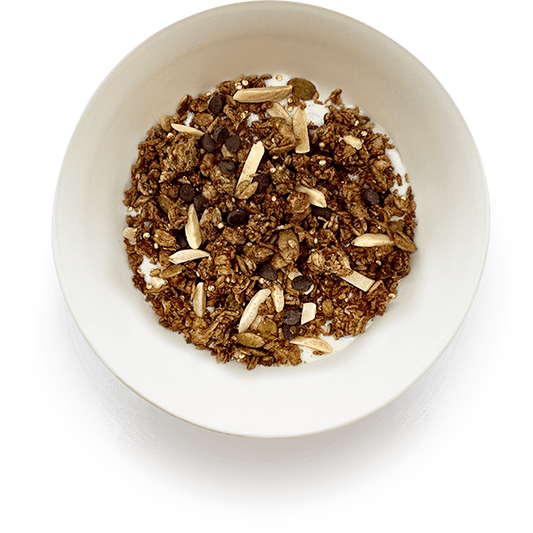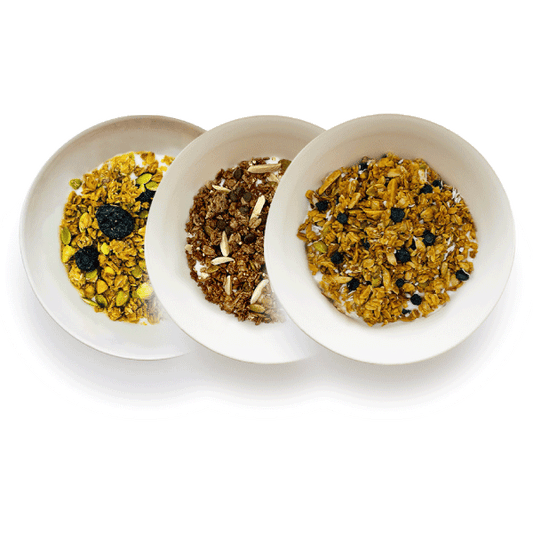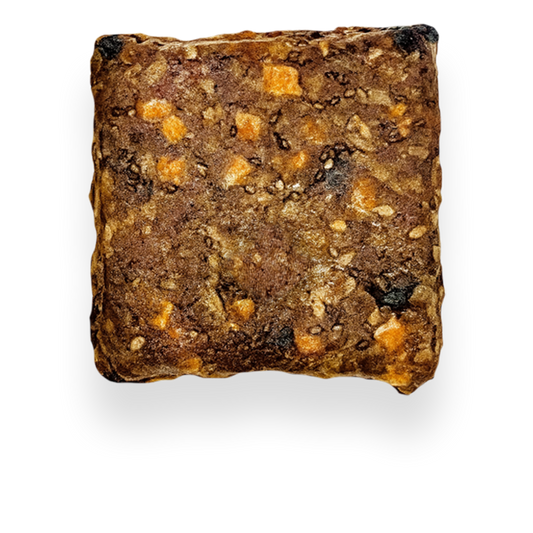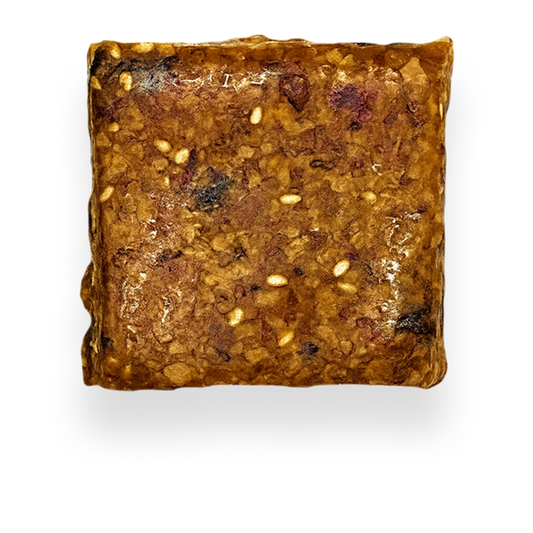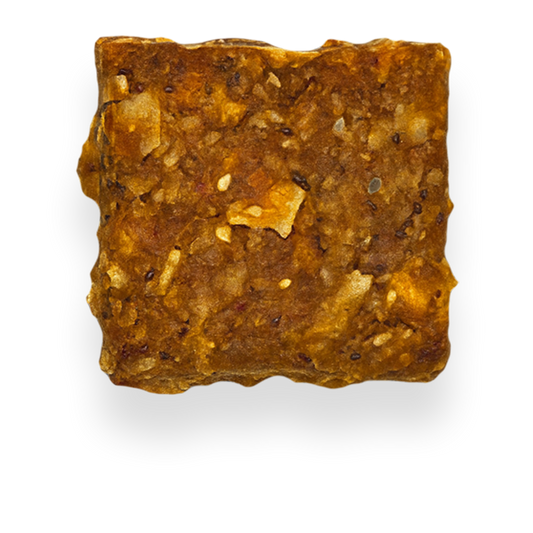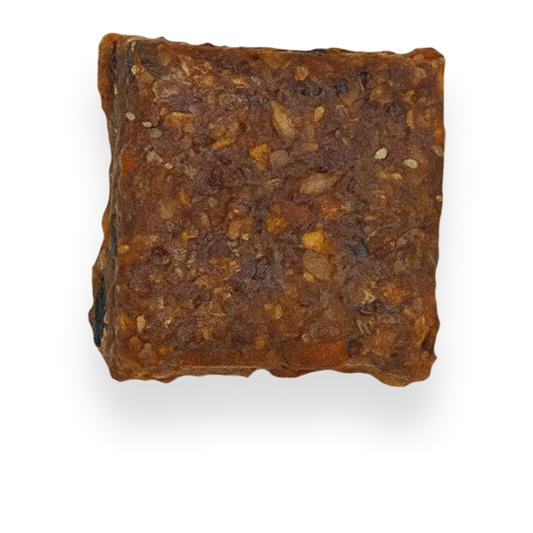Revolutionize Your Gut Health with a Plant-Based Diet
By FireRoad
In recent years, there has been a surge of interest in plant-based diets, not only for their positive effects on overall health but also for their remarkable benefits on gut health. This trend is not just a fleeting fad; it represents a fundamental shift in how we view nutrition and well-being. In this comprehensive guide, we’ll delve into how a plant-based diet can enhance your gut health, explore essential nutrients, and even touch upon the impact on fitness.
Understanding Gut Health
Gut health refers to the balance of microorganisms that live in the digestive tract. A healthy gut plays a crucial role in various bodily functions, from digestion to immune response. Recent research emphasizes the connection between gut health and overall wellness, directly linking it to mental clarity, weight management, and even skin health.
Why Gut Health Matters
A thriving gut microbiome is essential for breaking down food, absorbing nutrients, and producing vital vitamins. Our gut is often referred to as our "second brain," and for a good reason. When the gut microbiome is out of balance, it can lead to various health issues, such as bloating, gas, constipation, and more serious conditions, including inflammatory bowel disease. A plant-based diet can be a powerful tool in maintaining this balance.
Unlocking the Power of a Plant-Based Diet
So, what exactly is a plant-based diet? It primarily focuses on whole foods derived from plants, including fruits, vegetables, nuts, seeds, oils, whole grains, legumes, and some dairy or eggs, depending on the individual's preference. By ditching or significantly reducing animal products, you can unlock a plethora of nutrients that are critical for gut health.
Essential Nutrients for Gut Health
A plant-based diet is rich in various nutrients that support a healthy gut. Here are the most critical ones:
- Fiber: A key component of plant-based diets, fiber acts as a prebiotic. It feeds the good bacteria in your gut, promoting a healthy microbiome.
- Vitamins and Minerals: Fruits and vegetables provide essential nutrients like vitamin C, vitamin E, magnesium, and potassium, all of which contribute to digestive health.
- Phytochemicals: These are natural compounds found in plants that offer anti-inflammatory benefits and can modulate gut health.
- Protein: While protein sources are often associated with meat, a robust plant-based diet can provide ample protein through legumes, nuts, seeds, and whole grains.
How a Plant-Based Diet Supports Gut Health
Let’s unpack how these nutrients contribute to gut health through a plant-based diet.
The Role of Fiber
Fiber is without a doubt the crown jewel of gut health. Different types of fiber have varying effects on the digestive system. Soluble fiber, found in oats and legumes, helps regulate cholesterol and blood sugar levels, while insoluble fiber, present in whole grains and vegetables, adds bulk to stool, facilitating regular bowel movements. By including a diverse array of fiber-rich foods, you can ensure that your digestive system is functioning optimally.
Building a Healthy Microbiome
A diverse gut microbiome is essential for overall health. With a plant-based diet, you are likely to consume a wider variety of food sources, which can lead to an increase in microbial diversity. Studies show that gut bacteria thrive on various plant fibers, leading to improved digestion and better nutrient absorption.
Reducing Inflammation
Many gut issues stem from inflammation. A plant-based diet is naturally anti-inflammatory due to the abundance of fruits, vegetables, and whole grains packed with antioxidants and phytonutrients. These compounds combat oxidative stress, providing a protective barrier to your intestines and promoting a healthy gut lining.
Fuel for Fitness: The Plant-Based Connection
For fitness enthusiasts, a plant-based diet can provide all the nutrients necessary to fuel an active lifestyle. Whether you’re lifting weights or mastering yoga poses, it can enhance your performance and recovery.
Protein and Recovery
Though there is a misconception that plant-based diets lack sufficient protein, this is simply not true. Many plant foods can serve as excellent protein sources. Incorporating lentils, chickpeas, quinoa, and various nuts and seeds can meet and even exceed your protein needs. Protein plays a vital role in repairing tissues after workouts and can help maintain muscle mass—essential for anyone looking to optimize their fitness goals.
Energy Levels through Nutrient Density
Along with being rich in fiber, plant-based foods are also generally lower in calories but higher in nutrient density. This means you can consume fewer calories while still getting the vitamins and minerals your body needs to function effectively. With sufficient energy from a healthy diet, you’ll experience improved endurance during workouts and a quicker recovery afterward.
The Flavor Factor: Cooking with Plants
Eating plant-based doesn’t mean sacrificing flavor. In fact, it opens up an entirely new world of culinary possibilities. With countless spices, herbs, and plant varieties to explore, each meal can be a delightful experience.
Getting Creative in the Kitchen
Experimenting with plant-based recipes not only boosts your meals' flavor but also introduces new nutrients that benefit your gut health. Here are a few ideas to get you started:
- Hearty Grain Bowls: Combine quinoa, black beans, fresh veggies, and a zesty dressing for a nutrient-packed meal.
- Veggie Stir-fries: Toss seasonal vegetables with tofu or tempeh in flavorful sauces for a quick and satisfying dish.
- Superfood Smoothies: Blend leafy greens, fruits, nuts, and seeds for a delicious breakfast or post-workout snack.
Staying Healthy: Tackling Potential Challenges
While adopting a plant-based diet has numerous benefits, it’s essential to remain mindful of certain nutrients that might require extra attention, particularly if you’re entirely forgoing animal products.
Key Nutrients to Watch
- Vitamin B12: Primarily found in animal products, consider fortified foods or supplements if you’re going full plant-based.
- Omega-3 Fatty Acids: Include sources like chia seeds, flaxseeds, and walnuts, or consider algae-based supplements.
- Iron: Plant-based iron (non-heme iron) is less bioavailable. Consume it alongside vitamin C-rich foods for better absorption.
Your Journey to Gut Health Starts Today!
Adopting a plant-based diet is not just a choice; it’s a commitment to elevate your gut health massively. Are you ready to embark on this journey toward better nutritional choices and enhanced well-being? By focusing on nutrient-dense foods, rich flavors, and diverse culinary practices, you can transform your meals and your gut health for the better. So why wait? Embrace the power of plants and experience robust health today!



